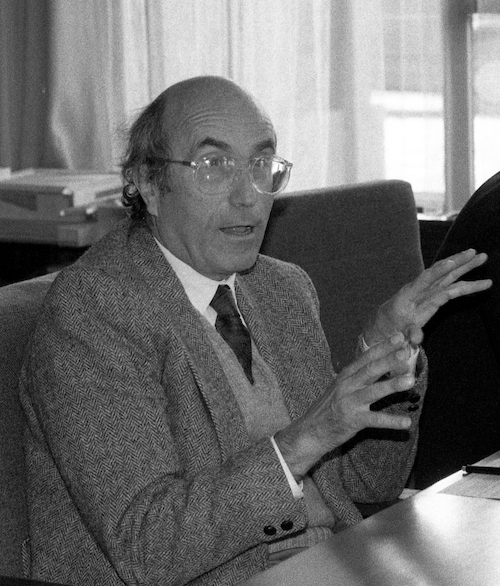For many years, I have worked as an agile coach. I find Niklas Luhmann's theory of „Useful Illegality” offers an intriguing perspective on behavior within organizations. The theory refers to actions that violate the formal expectations of an organization but can still provide benefits to it.
 Niklas Luhmann
Niklas Luhmann
In my role as an agile coach, I see it as my duty to help leaders create and tolerate a space for such actions. This can be achieved by consciously allowing and enduring uncertainty to maintain the organization's ability to act. In this context, Luhmann's theory can be viewed in various dimensions: factual, social, or temporal.
For instance, from a factual perspective, an example could be a team member developing technology without formal approval or the management's knowledge. While this could lead to product improvements if successful, it could also cause legal issues if it infringes on patents or regulations.
A common example from a social perspective might involve violating hierarchies. Employees may communicate directly with upper management or actively bypass the formal hierarchy. While this can lead to more effective communication, it can also result in conflicts or misunderstandings.
From a temporal perspective, there are frequent applications of „Useful Illegality.” For example, when work is done outside of regular working hours, tasks or projects may be completed faster. However, this can promote overwork or even constitute violations of labor laws.
The concept of „Useful Illegality” helps gain a new perspective on seemingly non-conforming behaviors within organizations. Especially in the course of agile transformations, it is essential to question this behavior regarding its benefits to the organization, to strengthen the organization's ability to act and innovate. As an agile coach, I promote and support this perspective, exploring the boundary between accepted behaviors on the one hand and necessary adaptation to existing structures on the other.